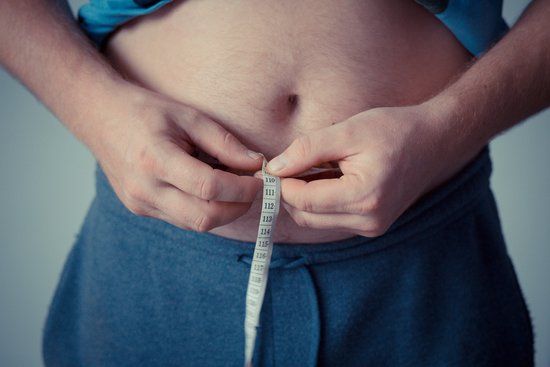Women who are underweight could be adversely affecting their chances of having a baby according to a new study.
Experts in Chicago examined data from over 2,000 cycles of IVF in women under 40. Women who were classed as underweight, where their body mass index (BMI) was between 14 and 18, the chance of having a healthy baby was 34%, compared to 50% for women whose BMI was classed as ‘healthy’.
Interestingly, in women whose BMI classed them as overweight and obese, the chance was 45% - suggesting that being underweight could just as detrimental to fertility, if not more so, than being overweight.
Being too thin can affect your fertility when you’re trying to conceive naturally, because in some cases if you’re underweight you may find your hormones are affected and periods are irregular, making it harder to identify the right time of ovulation.
But why would your weight affect fertility if you’re having IVF? During IVF, you’re given drugs to stimulate the ovaries to produce eggs, effectively avoiding any problems you may be having with irregular periods and irregular ovulation.
It has already been suggested that if a woman is too thin, she may not fall pregnant simply because her body believes it isn’t in a healthy enough condition to have a baby. Or being underweight could affect the womb’s receptiveness to an embryo.
Clearly more research is needed to identify why underweight women could seemingly be at a disadvantage for IVF pregnancy success. But as this data shows, being underweight or overweight can adversely affect your chances of IVF success compared to those who are within a healthy BMI-range.
So whether you’re trying for a baby naturally, or are thinking of undergoing fertility treatment, it makes sense to ensure that both you and your partner are in the best health you can be to maximise your chances of success.
Last updated: 20th January 2020





